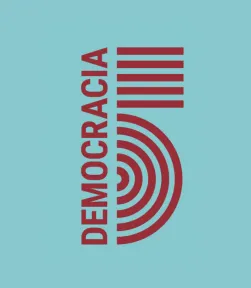In many ways, Portugal is a democracy like many others. But it also has aspects that differentiate it from other Western countries. What makes us unique? Political scientist Pedro Magalhães, who coordinated the book «The Essentials of Portuguese Politics», explains what unites us with and separates us from other European democracies.
He also warns of the major challenges ahead. Despite progress, «Portugal is not converging economically with Europe, it is still a country where almost 20% of the population lives in poverty, where income inequality remains comparatively high and where inequality in the wealth distribution has increased».
11

Portugal has changed drastically over the last 50 years. Almost five decades on, what profound changes have taken place in the country? And what lessons should we learn to improve the future?
The Foundation has an extensive program to reflect on what has changed and what measures still need to be implemented to improve national democracy.
The programme begins at the Carmo Barracks where the regime fell – with the event "Five decades of democracy, what has changed?" – and extends to more debates, a series of eight mini-documentaries, documentaries, publications and studies, which will allow us to think about and build the collective future.

